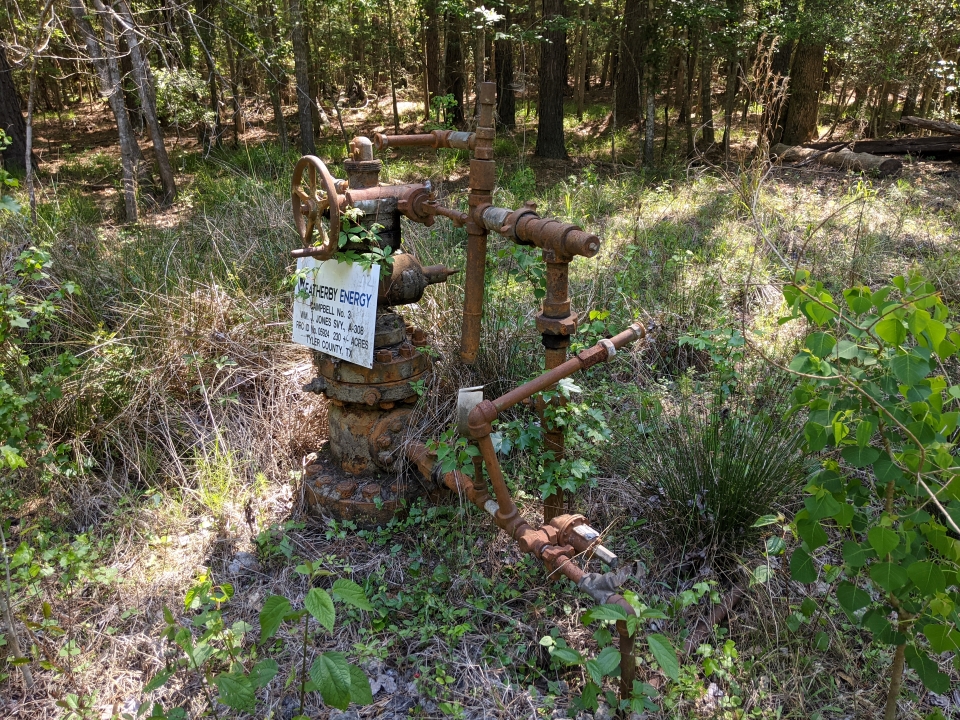News Release

NPS Photo
|
Subscribe
|
Contact: Megan Urban, 409-951-6700
KOUNTZE, Texas – The Department of the Interior recently announced $33 million to clean up 277 orphaned wells in national parks, national forests, national wildlife refuges, and other public lands across the country. The National Park Service has received approximately $9.8 million in funding from the Bipartisan Infrastructure Law to plug, remediate, and reclaim abandoned oil and gas well sites in seven national parks. This investment includes 20 wells in Texas, including Guadalupe Mountains National Park and Big Thicket National Preserve.
National Park Service staff at Big Thicket and the Geologic Resources Division are partnering with the Texas Railroad Commission to develop a work plan for seven wells that have been selected for plugging and remediation. Big Thicket is one of the NPS's largest “oil and gas” parks by number of wellbores drilled. Oil and gas drilling and production have taken place in this area long before the preserve came into existence and there are a variety of different challenges facing Big Thicket and the Texas Railroad Commission regarding these projects. All the wells are orphaned and located in a variety of habitats in Big Thicket. Some of the wells are close to the road, giving ease of access for remediation but increasing the possibility of contamination for visitors while other wells are in remote areas, making them extremely hard to access for remediation work.
Millions of Americans across the country live within just one mile from an abandoned coal mine or an orphaned oil and gas well. These legacy pollution sites are environmental hazards and jeopardize public health and safety by contaminating groundwater, emitting noxious gases like methane, littering the landscape with rusted and dangerous equipment, creating flooding and sinkhole risks, and harming wildlife.
“Work on the well sites will take place over three phases, including site evaluations, plugging and cleaning the site, and remediation of the site,” stated Superintendent Wayne Prokopetz. “This work will not only have a profound impact on our environment and water quality but also provides an opportunity for economic revitalization in the area.”
Big Thicket National Preserve is in Southeast Texas, near the city of Beaumont and 75 miles northeast of Houston. The preserve consists of nine land units and six water corridors encompassing more than 113,000 acres. The Big Thicket, often referred to as a “biological crossroads,” is a transition zone between four distinct vegetation types: the moist eastern hardwood forest, the southwestern desert, the southeastern swamp, and the central prairies. Species from all these different vegetation types come together in the thicket, exhibiting a variety of vegetation and wildlife that has received global interest.
-NPS-
Last updated: October 19, 2022
